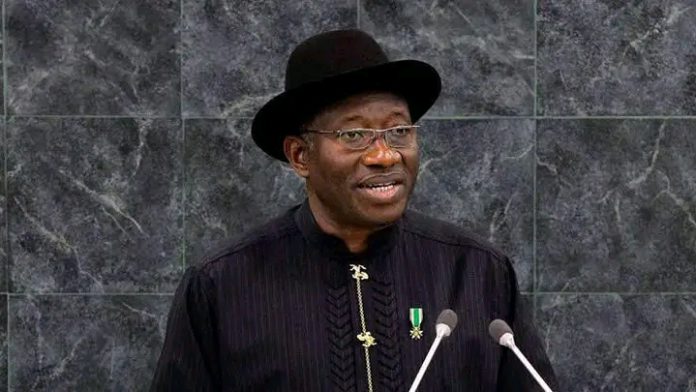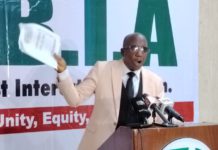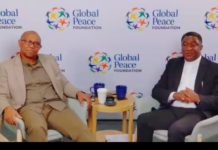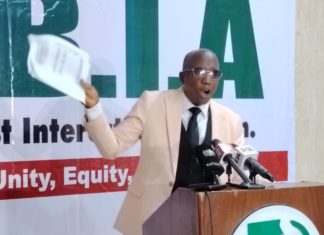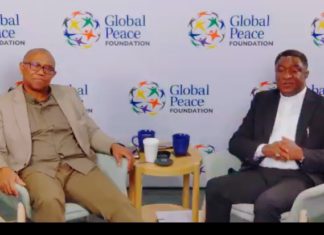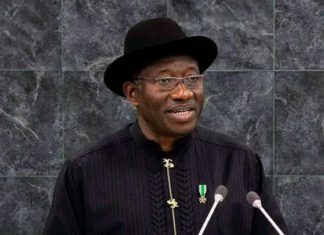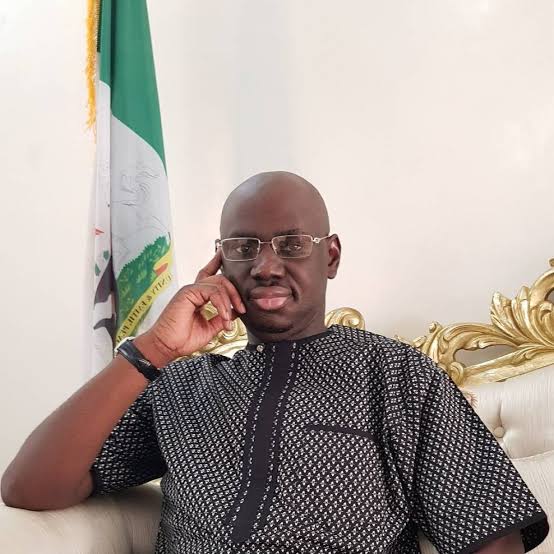I’ll die with the pain of Chibok girls abduction – Jonathan
… Ex-President says Boko Haram issue in Nigeria more complex than often presented
By Austine Agbo Emmanuel, Kaduna
http://www.newsportng.com.ng Former President Dr. Goodluck Ebele Jonathan has said that the abduction of Chibok schoolgirls in Borno State during his administration in April , 2014 remains the deepest wound of his life.
The former leader, who lost the 2015 presidential election to late president Muhammadu Buhari, declared that the scar of the incident will remain with him until death.
Jonathan who spoke in Abuja at the public presentation of SCARS: Nigeria’s Journey and The Boko Haram Conundrum, a new book authored by former Chief of Defence Staff, General Lucky Irabor (rtd) used the occasion to reflect on his administration’s fight against insurgency and the limits of government efforts to negotiate peace.
He revealed that during discreet attempts to initiate dialogue with Boko Haram, the insurgents once nominated then opposition leader Muhammadu Buhari to represent them in talks with government. Jonathan noted that his administration considered dialogue as part of a non-combatant strategy, drawing inspiration from the peace model that ended militancy in the Niger Delta.
“One of the major scars on my government is the scar of the Chibok girls. It is a scar that will die with me,” the former president said, recalling the shock that followed the abduction of over 200 students of Government Secondary School, Chibok, Borno State, in April 2014.
The ex-president lamented that despite setting up several committees and pursuing various initiatives, Boko Haram continued to thrive and even expanded its operations after he left power.
“I thought that after I left, within a reasonable time, General Buhari would wipe them out. But even today, Boko Haram is still there. The issue of Boko Haram is far more complex than it is often presented,” He said.
While explaining that his government experimented with different strategies to tackle terrorism, Jonathan revealed that poverty or hunger alone could not explain the persistence of insurgency, stressing that external actors were clearly involved in fueling the conflict.
“If it was only about hunger, because we tried different options, I do not want to sound like I am defending my government, but I believe we did our best. We set up different committees and tried various approaches during the five years I was in office,” he stated.
Jonathan further questioned the sources of the sophisticated weapons used by insurgents. “Where are these guns and sophisticated weapons coming from? You begin to see that external hands are also involved,” he said.
Expressing hope that the true motivations behind Boko Haram would one day be made known, Jonathan urged the present administration to combine incentives with strong military measures in its counterterrorism strategy. He maintained that a “carrot and stick” approach could provide a more balanced path to peace.
He prayed that someday, literate leaders of the insurgent group would publish their own account to help Nigerians understand the roots and complexity of the crisis.

